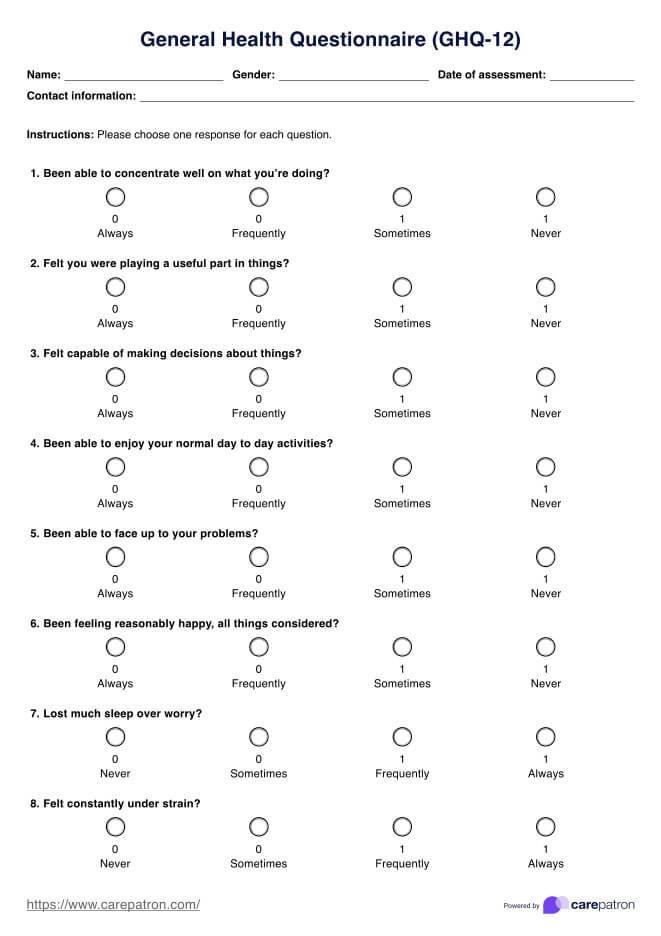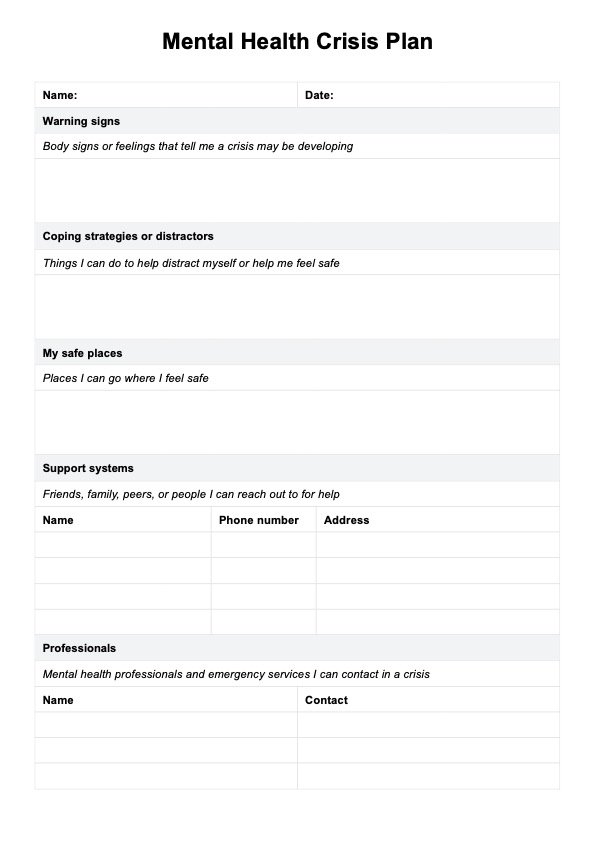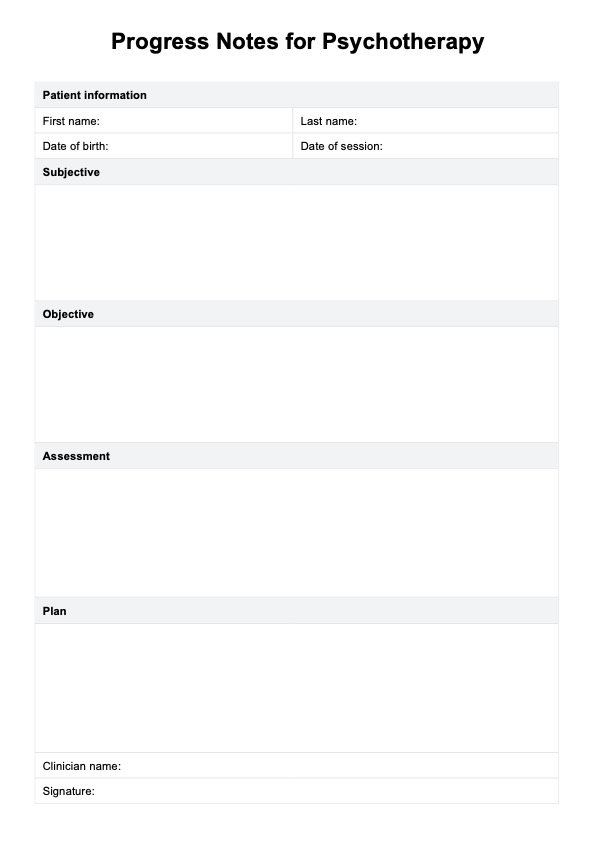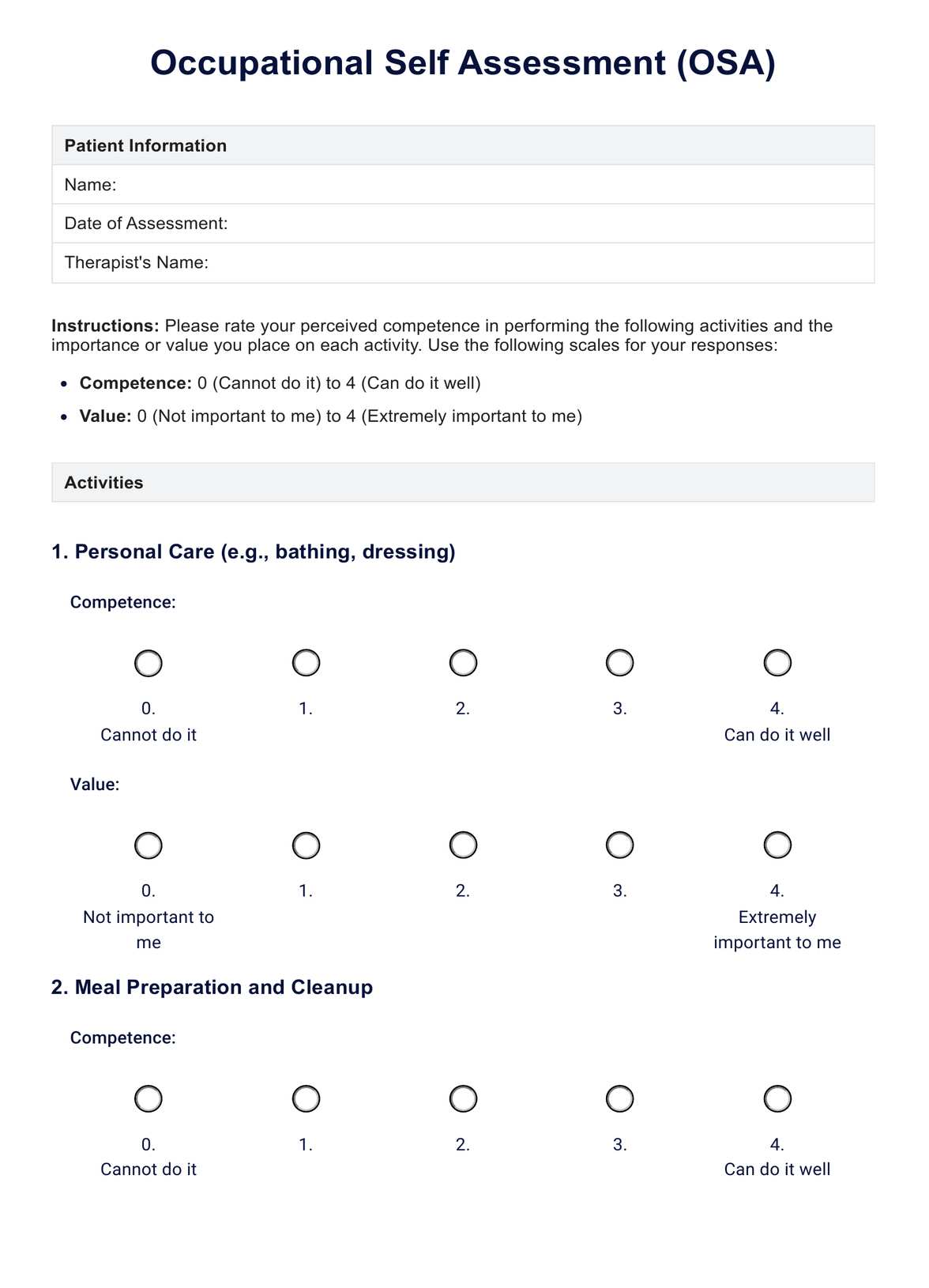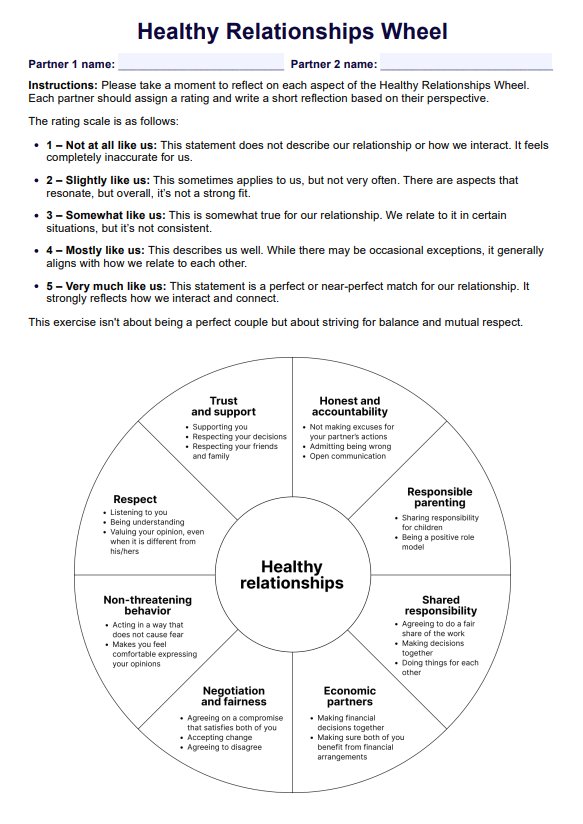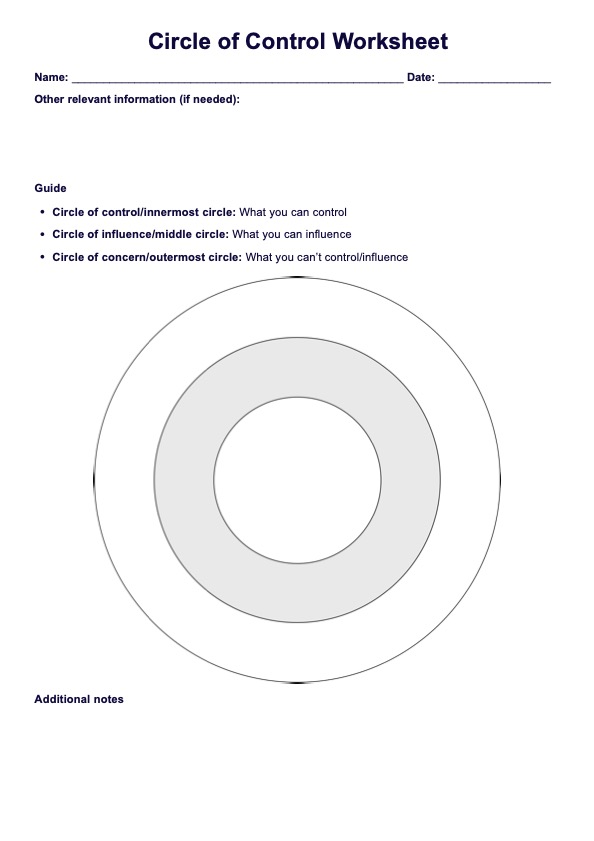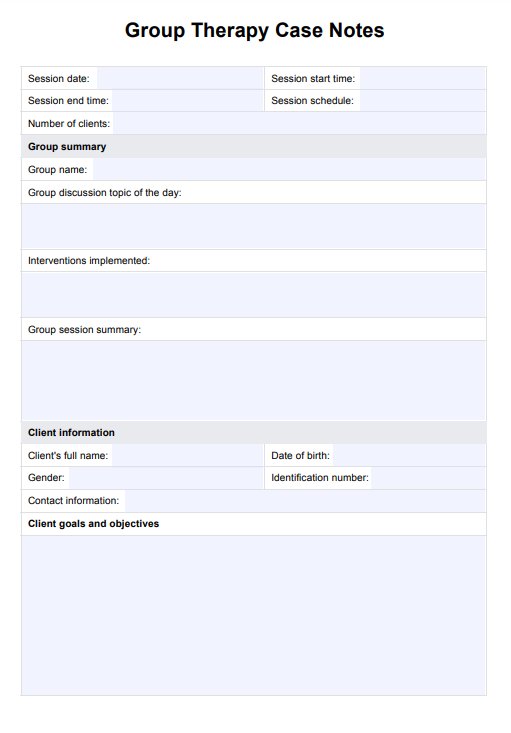Self-Esteem Mirror Worksheet
Download our Self-Esteem Mirror Worksheet to help clients build self-esteem and a positive outlook in life.


Importance of self-esteem
Delving into clients' psyches is part of a therapist's daily work. As you help them steer through the emotions and experiences that shape their lives, it's worth noting that empowering them starts with self-esteem. Now, what is self-esteem, and why is it important?
Self-esteem is the perception of one's self-concept positivity, encompassing physical self-image, accomplishments, values, and others' perceptions and responses (American Psychological Association, 2023). Here are some of the essential reasons why self-esteem matters:
- Resilience: With healthy self-esteem, we can bounce back from setbacks and challenges more easily, knowing our inherent worth is not diminished by temporary failures.
- Positive relationships: When we value ourselves, we're more likely to form and maintain healthy, fulfilling connections with others based on mutual respect and appreciation. In romantic relationships, it was revealed that high self-esteem positively impacts both individual and partner satisfaction (Yasemin Erol & Orth, 2016).
- Emotional wellbeing: High self-esteem contributes to more excellent emotional stability and a more positive outlook on life, reducing stress and anxiety. Trait emotional intelligence, self-esteem, and reduced perceived stress were positively correlated with life satisfaction and inversely correlated with somatic complaints (Villanueva et al., 2020).
- Setting boundaries: A strong sense of self-worth empowers us to set and enforce boundaries in our relationships, ensuring we're treated with dignity and respect.
- Achievement: People with healthy self-esteem are more motivated and proactive in pursuing their ambitions, leading to greater success and satisfaction in various areas of life.
Understanding self-esteem can help us approach life with more confidence. It fuels courage to heal, resilience to face challenges, and belief in a brighter future.
Self-Esteem Mirror Worksheet Template
Self-Esteem Mirror Worksheet Example
What can affect self-esteem?
Knowing why self-esteem is essential is key. However, looking into what affects self-esteem is necessary for fostering healthy self-perception and personal development. Here are some things that affect self-esteem (The Children's Society, 2023; NHS, 2023):
- Personality: How you see yourself, including your personality and where you come from, can affect your feelings.
- Capability: Feeling good about your strengths and accomplishments can make you feel better about yourself.
- Strengths and weaknesses: Knowing what you're good at and using those skills can make you feel more confident. Feeling bad about things you're not good at or when things don't go well can affect your self-esteem.
- Future expectations: Thinking about what you want to do in the future and believing you can do it can make you feel more positive about yourself.
- Life events: Significant life changes such as divorce, job loss, or trauma can challenge self-esteem, depending on how individuals interpret and cope with these experiences.
- Social interactions: Positive interactions with others, such as supportive relationships and constructive feedback, can enhance self-esteem, while negative interactions or experiences of rejection can lower it.
Learning what affects self-esteem can help clients feel better about themselves and lead happier lives.
Signs of low self-esteem
While delving into the elements that shape our self-esteem is enlightening, it's equally vital to recognize when it becomes compromised. Low self-esteem was associated with heightened anxiety, depression, and suicidal ideation (Nguyen et al., 2019).
Identifying signs of low self-esteem enables us to address underlying issues and cultivate a healthier sense of self for our patients. Here are the signs of low self-esteem (Weber State University, 2023):
- Feeling like you're not as good as others
- Putting too much importance on what others think
- Finding it hard to accept compliments
- Focusing on weaknesses instead of strengths
- Being afraid of failing and thinking others are always better
Remind your clients that their journey to improved self-esteem may have ups and downs, but every effort they make counts.
Signs of healthy self-esteem
Let's move forward and learn what someone with healthy self-esteem looks like. These individuals:
- Recognize strengths and weaknesses
- Set realistic expectations
- Accept oneself without superiority or entitlement
- Confident in decision-making skills
- Assertive and capable of establishing healthy relationships
It's important to note the distinction between excessively high self-esteem and healthy levels. Overly high self-esteem may present as arrogance and entitlement, marked by criticism of others and a lack of self-awareness.
How to improve self-esteem?
Boosting an individual's self-esteem requires acknowledging one's negative thoughts or beliefs first. Here are seven practical ways you can suggest to your clients:
- Prioritize self-care by getting enough rest, maintaining a balanced diet, engaging in regular physical activity, and managing stress effectively.
- Break down aspirations into achievable steps and set realistic goals.
- Combat negative self-talk by actively challenging and replacing it with positive affirmations and a more realistic self-perception.
- Cultivate a supportive social network comprised of individuals who uplift and encourage.
- Acknowledge and embrace unique strengths, talents, and accomplishments.
- Practice self-compassion by treating the self with kindness, understanding, and forgiveness, particularly during times of difficulty or failure.
- Seeking professional guidance and support from a therapist when low self-esteem significantly impacts wellbeing.
Building self-esteem takes time and effort, but every step toward self-improvement is in the right direction.
How does our Self-esteem Mirror Worksheet work?
Self-esteem is essential for maintaining positive mental health and cultivating a positive outlook. The Self-Esteem Mirror Worksheet will help you guide your clients as they practice positive self-talk and recognize strengths and abilities.
Step 1: Download the template
Therapists can download the Self-Esteem Mirror Worksheet template. Distribute and explain to your client how it works.
Step 2: Preparation
Encourage clients to find a quiet, comfortable space to spend 5-10 minutes without interruption. Instruct them to take deep breaths to relax their minds and bodies before beginning the exercise.
Step 3: Mirror reflection
Instruct them to stand before a mirror and focus on their reflection. Emphasize the importance of maintaining eye contact with themselves throughout the exercise to deepen their connection with their feelings.
Step 4: Answering the prompts
Encourage clients to respond to each prompt thoughtfully and aloud, acknowledging their positive traits, expressing gratitude for themselves and their lives, and offering themselves words of self-compassion.
Step 5: Reflection
After completing the prompts, tell clients to reflect on their feelings and any shifts in their perception of themselves. Encourage them to integrate this practice into their daily routine for ongoing self-esteem building.
Benefits of having a Self-Esteem Worksheet
By downloading this free Self-Esteem Mirror Worksheet example, you're taking a proactive step toward nurturing your client's self-esteem. Let's explore the benefits of using a self-esteem worksheet.
- Increased self-awareness: A self-esteem worksheet prompts reflection on personal strengths and areas for growth.
- Goal setting and progress tracking: Utilizing a self-esteem worksheet allows individuals to set realistic goals for self-improvement and track their progress.
- Enhanced emotional regulation: The worksheet can help individuals identify and challenge negative thought patterns.
Using worksheets is not only for children and teens. Self-esteem activities like the mirror exercise also help adults develop and improve their self-esteem.
References
American Psychological Association. (2023). APA Dictionary of Psychology. https://dictionary.apa.org/self-esteem
Nguyen, D. T., Wright, E. P., Dedding, C., Pham, T. T., & Bunders, J. (2019). Low self-esteem and its association with anxiety, depression, and suicidal ideation in Vietnamese secondary school students: A cross-sectional study. Frontiers in Psychiatry, 10(698). https://doi.org/10.3389/fpsyt.2019.00698
NHS. (2023, April 11). Raising low self-esteem. https://www.nhs.uk/mental-health/self-help/tips-and-support/raise-low-self-esteem/
The Children's Society. (2023). Self-esteem. https://www.childrenssociety.org.uk/information/young-people/well-being/resources/self-esteem
Villanueva, L., Prado-Gascó, V., & Montoya-Castilla, I. (2020). Longitudinal analysis of subjective wellbeing in preadolescents: The role of emotional intelligence, self-esteem, and perceived stress. Journal of Health Psychology, 27(2), 135910532095160. https://doi.org/10.1177/1359105320951605
Weber State University. (2023). Self-Esteem. https://www.weber.edu/CounselingCenter/self-esteem.html
Yasemin Erol, R., & Orth, U. (2016). Self-esteem and the quality of romantic relationships. European Psychologist, 21(4), 274–283. https://doi.org/10.1027/1016-9040/a000259
Commonly asked questions
You can dive into the self-esteem worksheet whenever you feel ready to explore and enhance your self-esteem.
The self-esteem mirror exercise usually takes just a few minutes, but its impact can resonate throughout your day.
Self-esteem refers to how positively one views oneself, including one's physical appearance, achievements, and how others perceive one. Self-respect is the appreciation of one's worth, values, and dignity. Self-confidence is the belief in one's abilities, judgment, and potential. Self-worth is the subjective evaluation of oneself as a valuable and deserving individual.


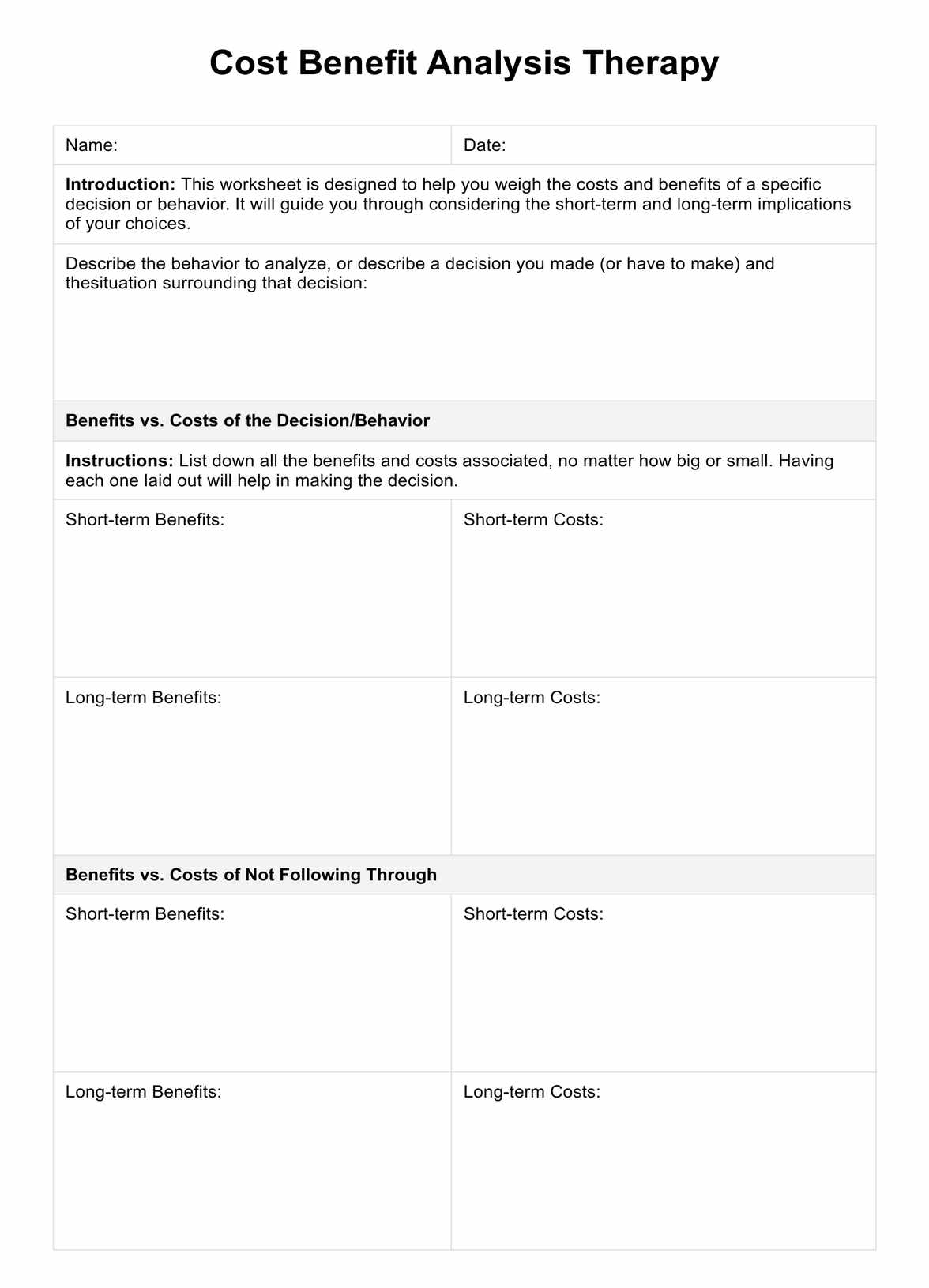
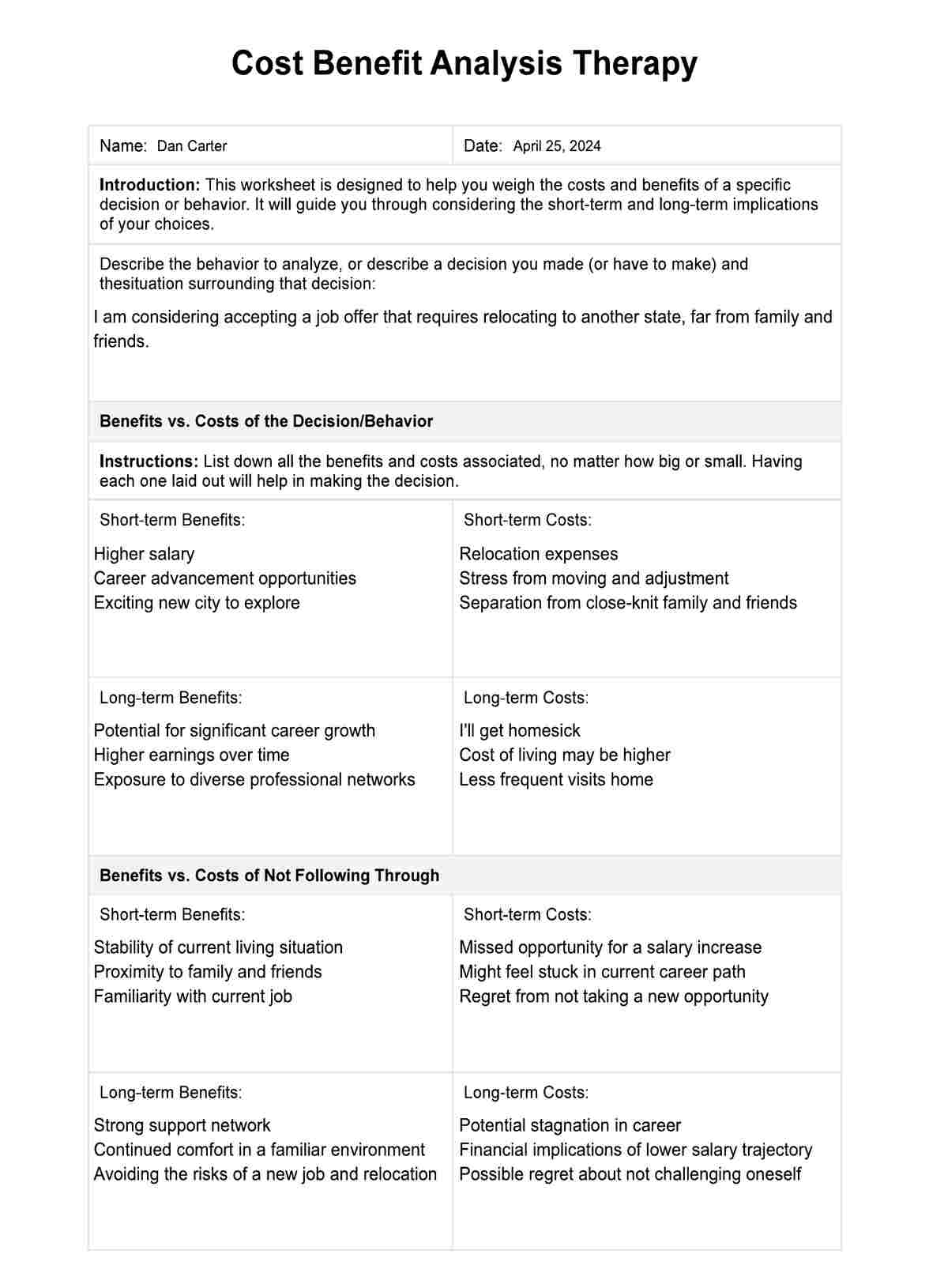

















-template.jpg)




















































































